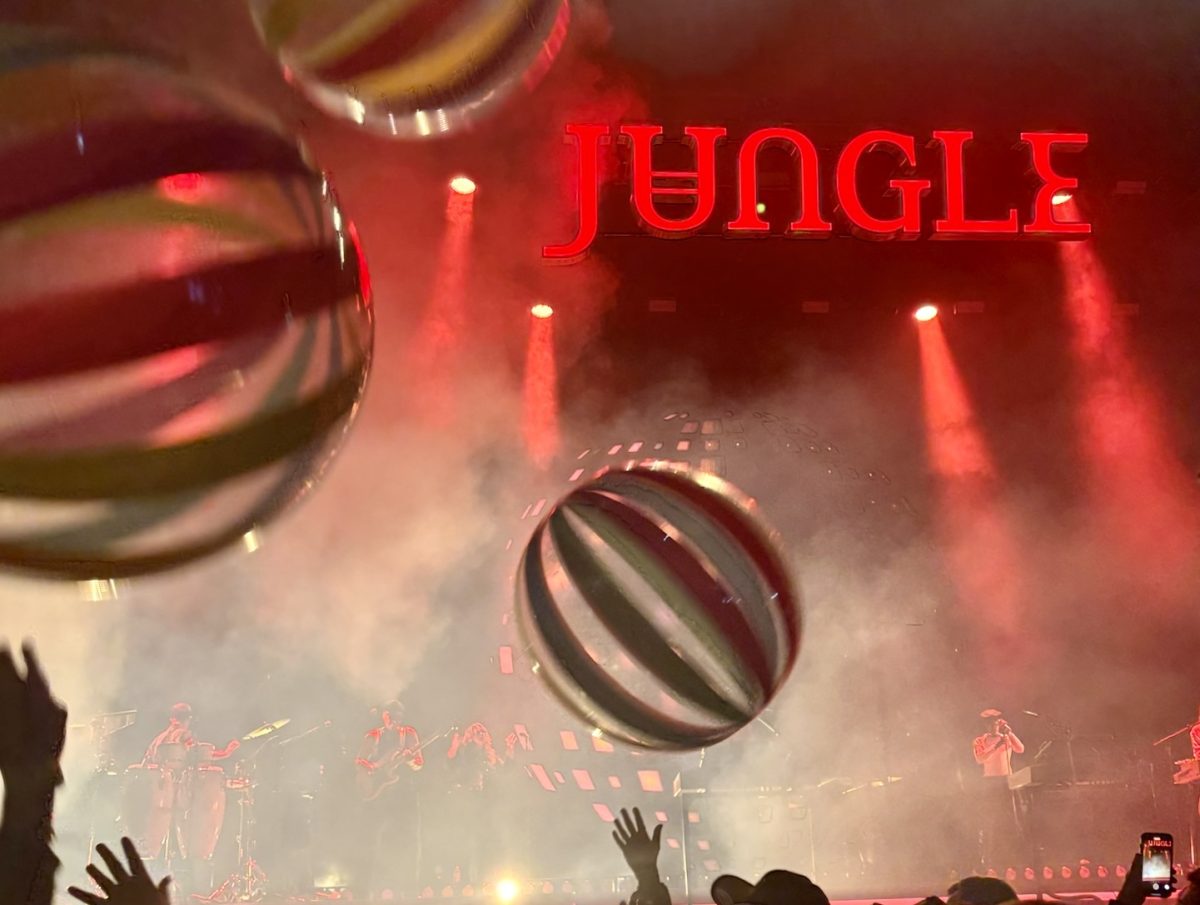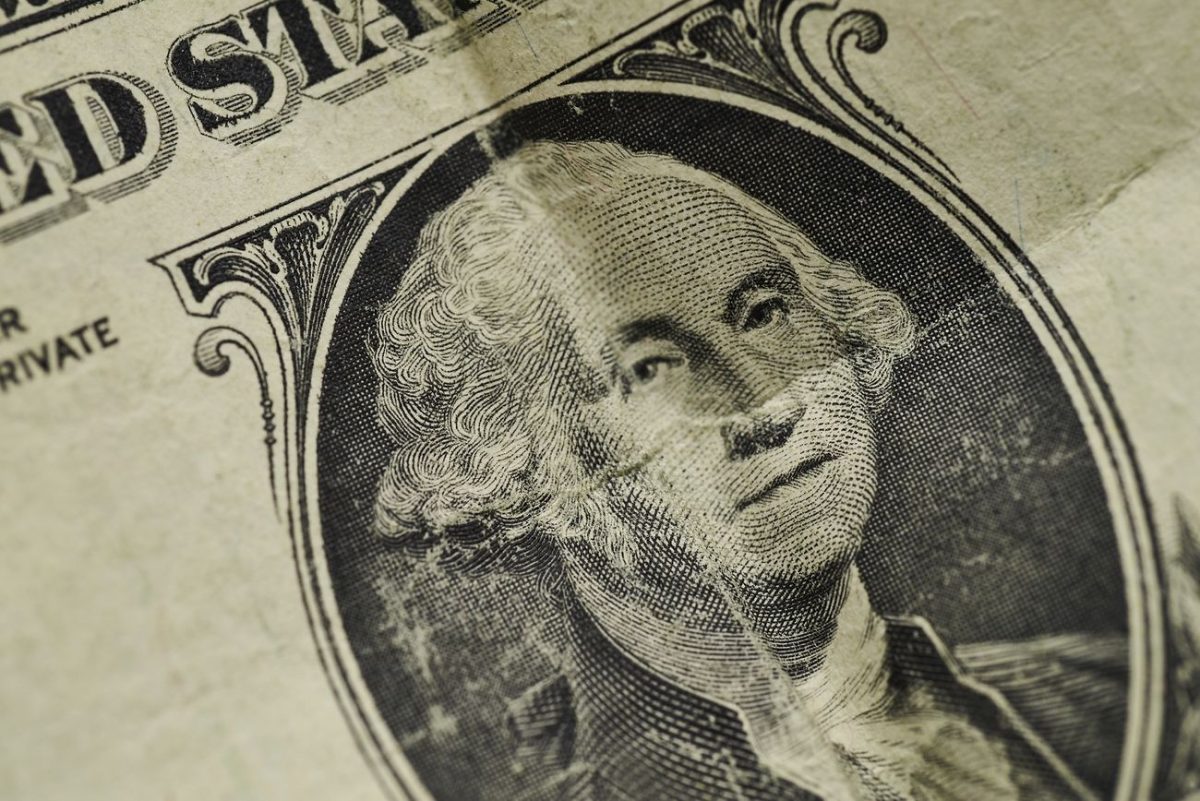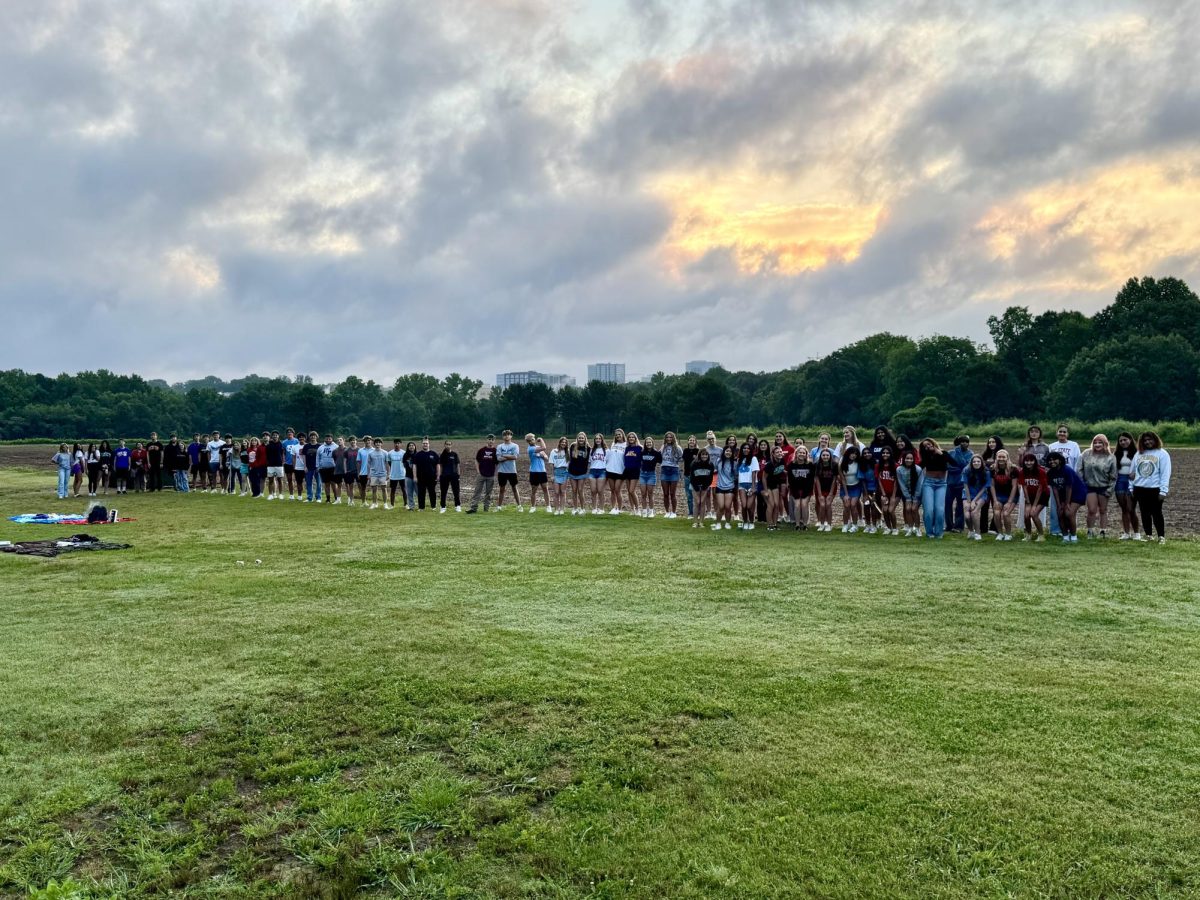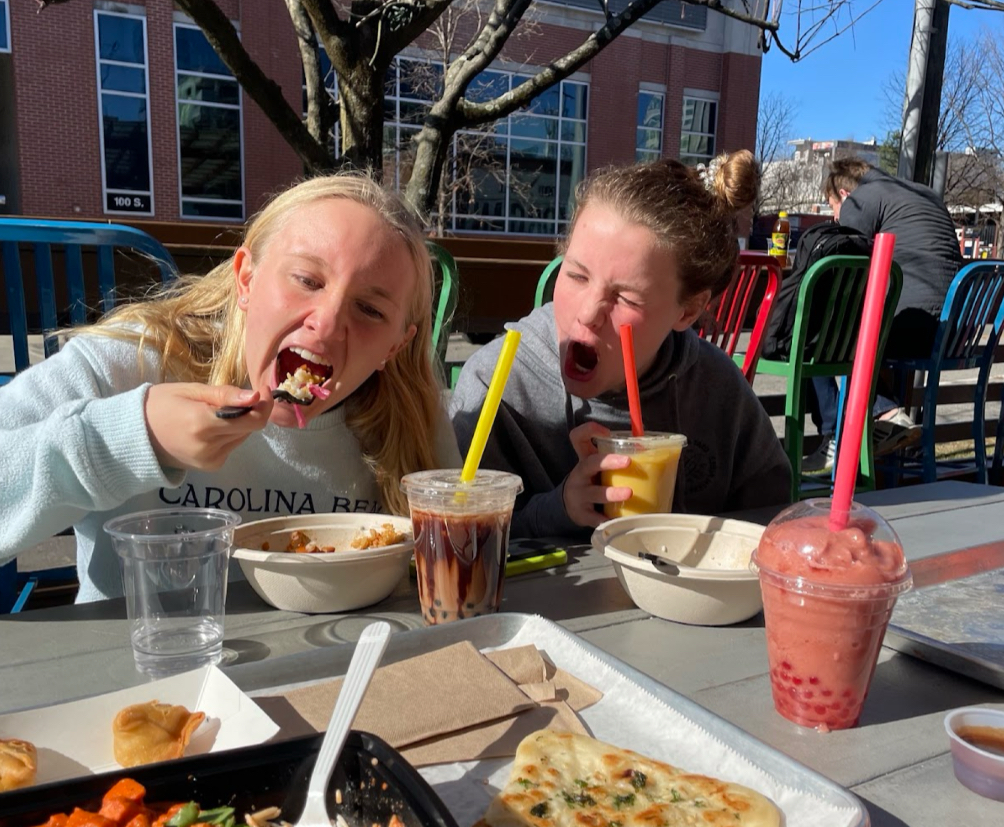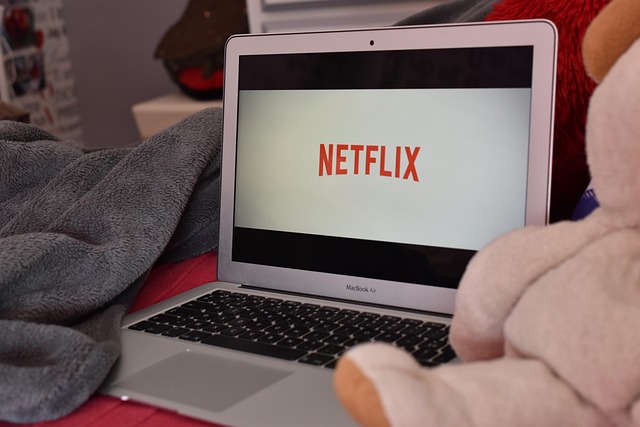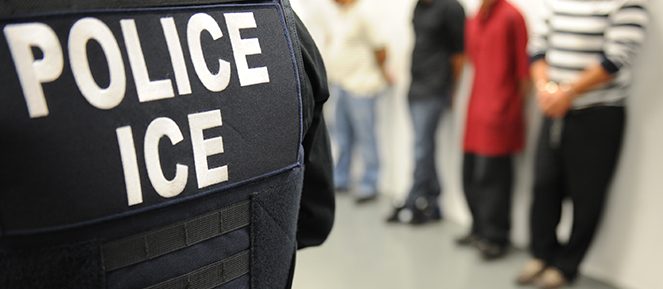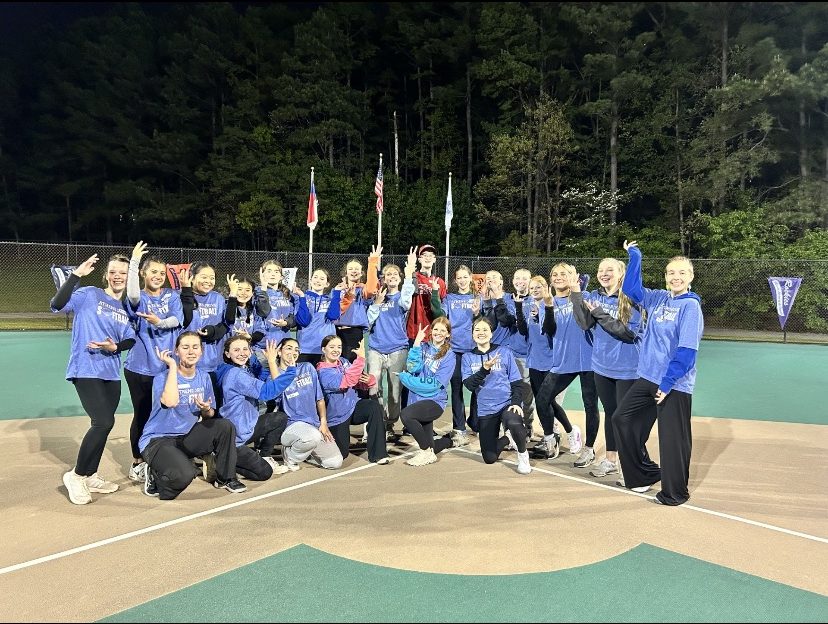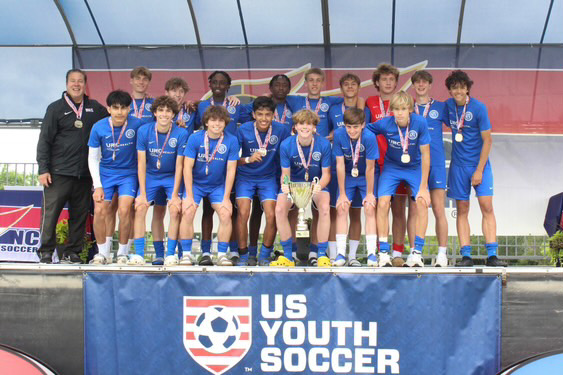Every year, teenagers are drawn to concerts to see their favorite artists in person. Due to widespread internet usage, most concert tickets are now bought online. Artists team up with sites like Ticketmaster and SeatGeek to sell tour tickets. Though these sites have made the ticket-buying process more efficient, there are common problems among online ticket buying.
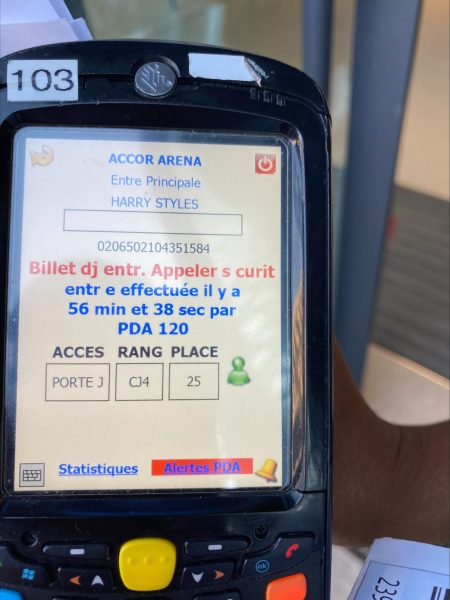
Ticket scalpers often scam ticket buyers by buying their tickets in bulk and reselling them for insanely expensive prices. Sites like Viagogo and Seatwave are more likely to be fraudulent, as they are not as secure as sites like Ticketmaster who partner with the actual artists. I’ve gotten scammed on the ticket site Viagogo, which is marketed as reliable with verified tickets. My family and I bought three tickets to a Harry Styles concert on Viagogo, but only two tickets worked at the concert. Our situation ended up being a duplicate ticket sale scam, which means that Viagogo had sold one ticket multiple times to different buyers, so the first person to arrive was granted admission and the others were turned away. The worker helping us called Viagogo a “Vianono” because people often get scammed by them.
We filed a report to Capital One and requested to dispute the charge as a fraudulent activity. After giving them proof of the ticket declining, they refunded us. Through that experience, I learned the true dangers of online ticket buying. Now, I only buy concert tickets on Ticketmaster, SeatGeek and StubHub. If the artist is well known they will most likely be using one of those sites, so you know it’s the real deal.
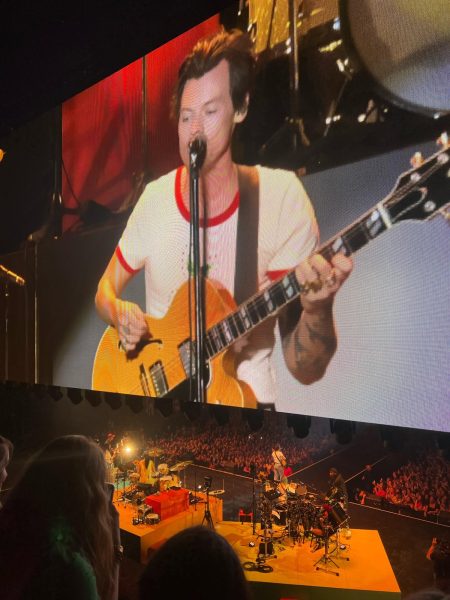
Given the commonality of ticket scalping I would like to see a federal law enacted to limit the number of tickets bought in a single transaction. Ticket websites should also be required to use anti-bot measures during the ticket purchasing process and there should be secure ticket delivery methods that require identification.
Another current topic involving ticket buying is the increasing prices of most shows. According to the BBC, a typical concert ticket in 1998 for one of the most popular artists, the Spice Girls, was around 30 dollars. Now, a ticket to one of the most popular artists, Taylor Swift, is a minimum of 200 dollars.
“I wish we could stand in lines and camp out for cheaper tickets like our parents did. It seems like a good time and a fun way to make friends,” said Grace de Haro, a junior at Athens Drive.
Oftentimes teenagers like myself value experiences over tangible things. Most high schoolers work jobs over the summer or even during the school year to save up money for concerts. Personally, I think it is worth it to spend 100 dollars on a concert ticket, but I am fortunate enough to be able to spend my money on those sorts of things. Many teenagers have to save all of their money for college or any other academic endeavors.
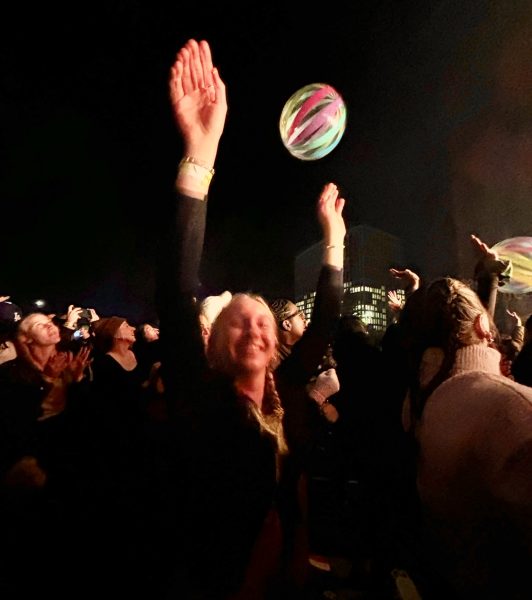
To avoid insanely high ticket prices, I recommend signing up for concert presales. Presales are often used by artists to space out the number of people on ticket sites at one time to avoid website glitching. Ticket prices are often much cheaper during presale, and for most concerts it’s a guarantee that you’ll get tickets. After signing up on the artist’s website, buyers will usually get a code in their email alerting them that they’ve been admitted into presale a couple of days before the sale. Presale is normally a day before the general sale, and buyers are put into a queue once the presale starts. Once buyers get through the queue they’ll have around 10 minutes to select and buy tickets.
Avoiding ticket scams is easy when you stick to websites such as Ticketmaster, SeatGeek and Stubhub. Before purchasing from another website, take the time to research its credibility thoroughly. Enjoy this concert season, and make sure to stay safe from ticket scalpers.

